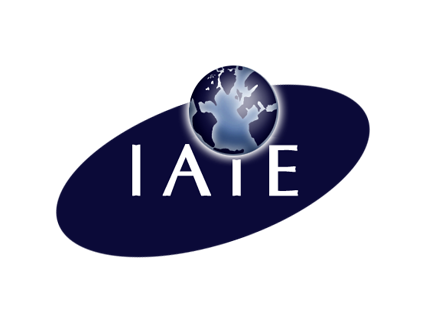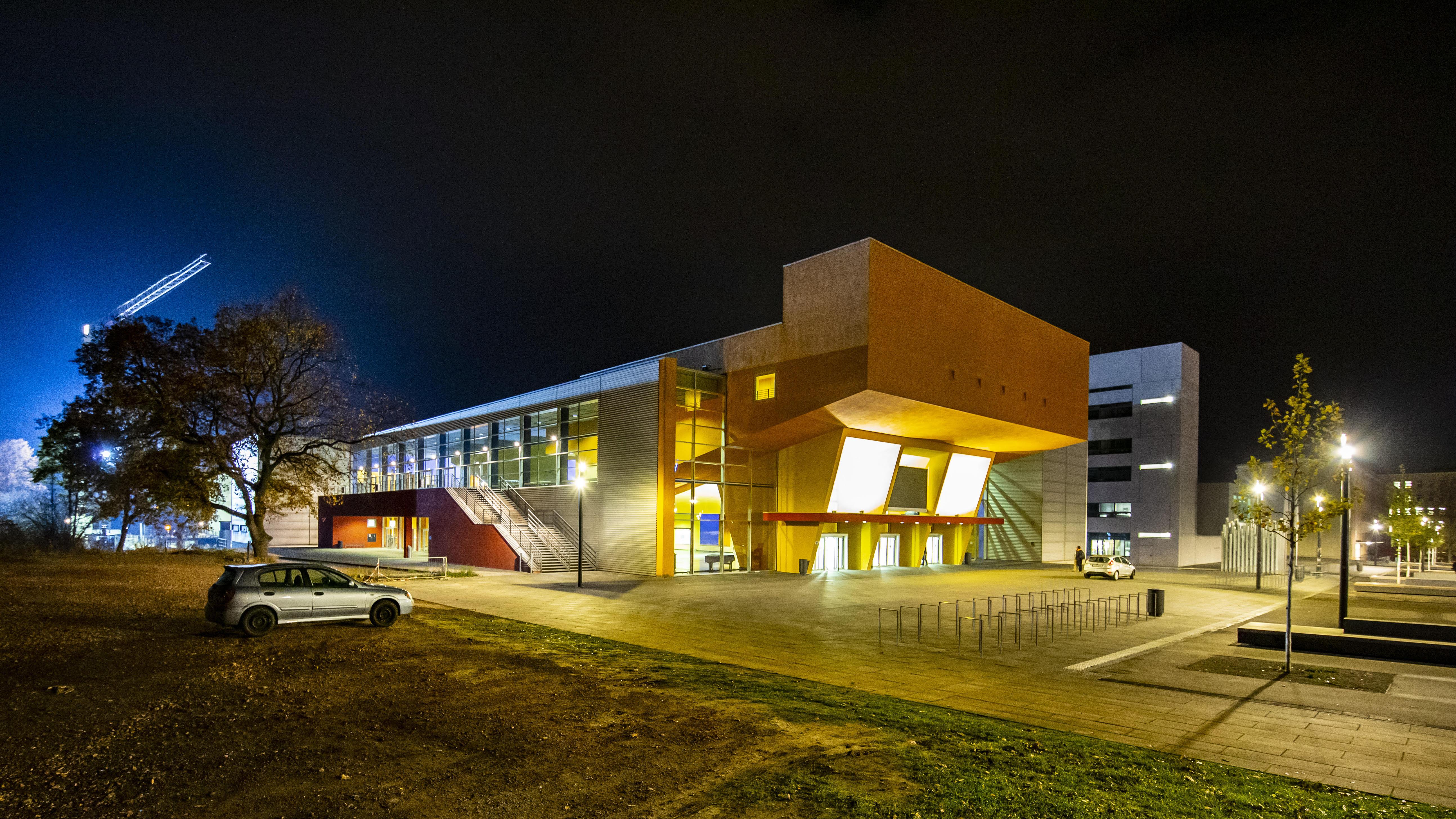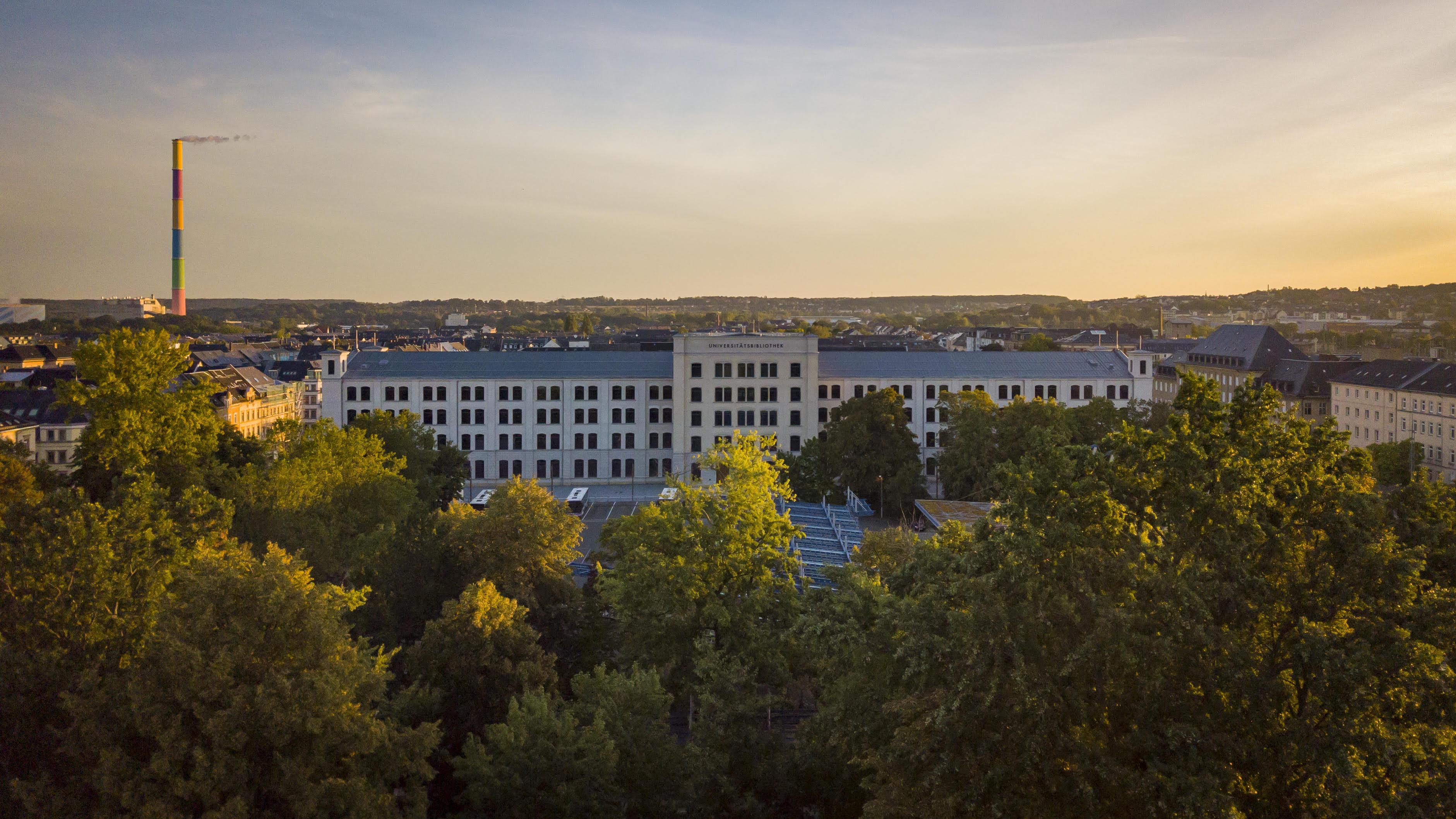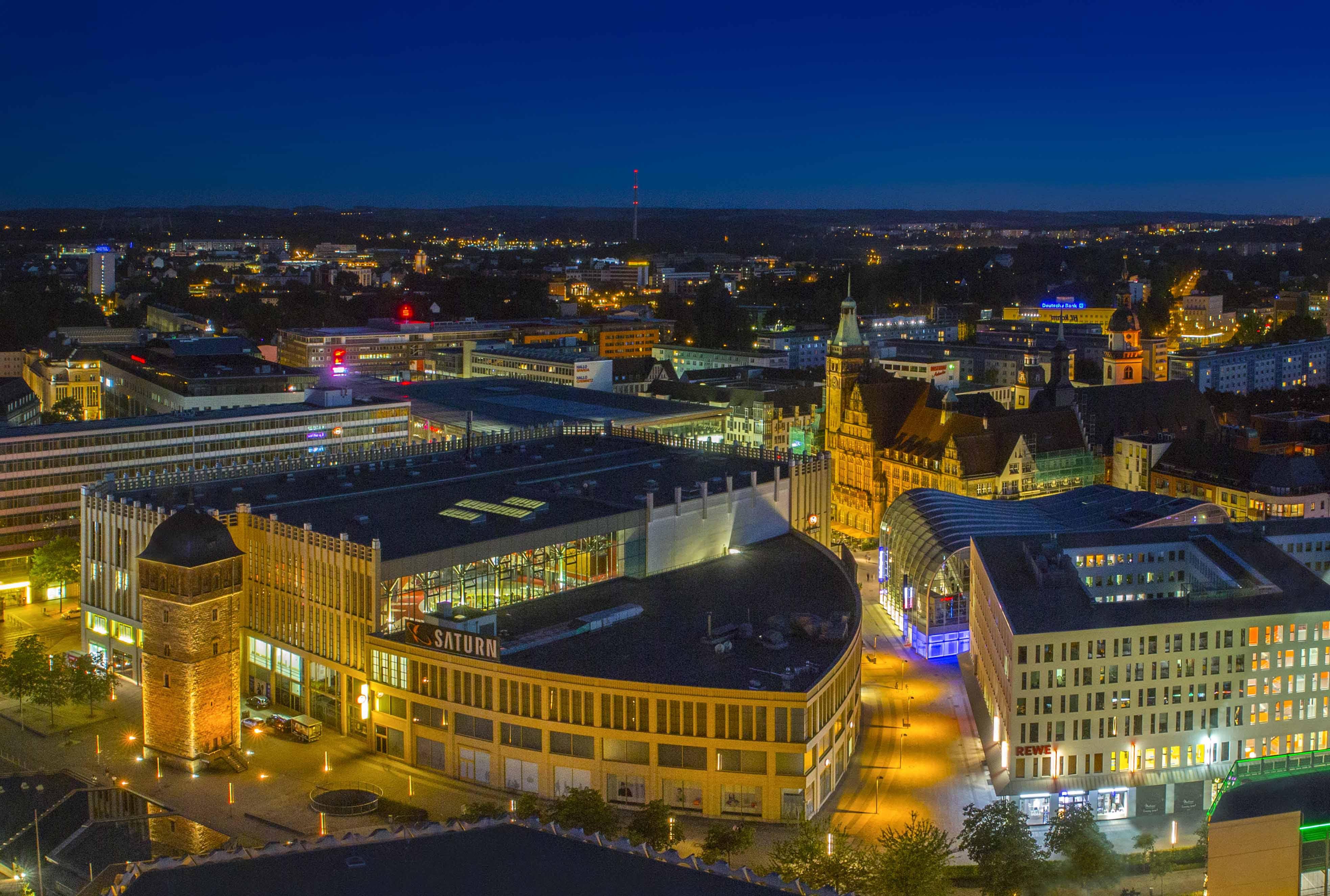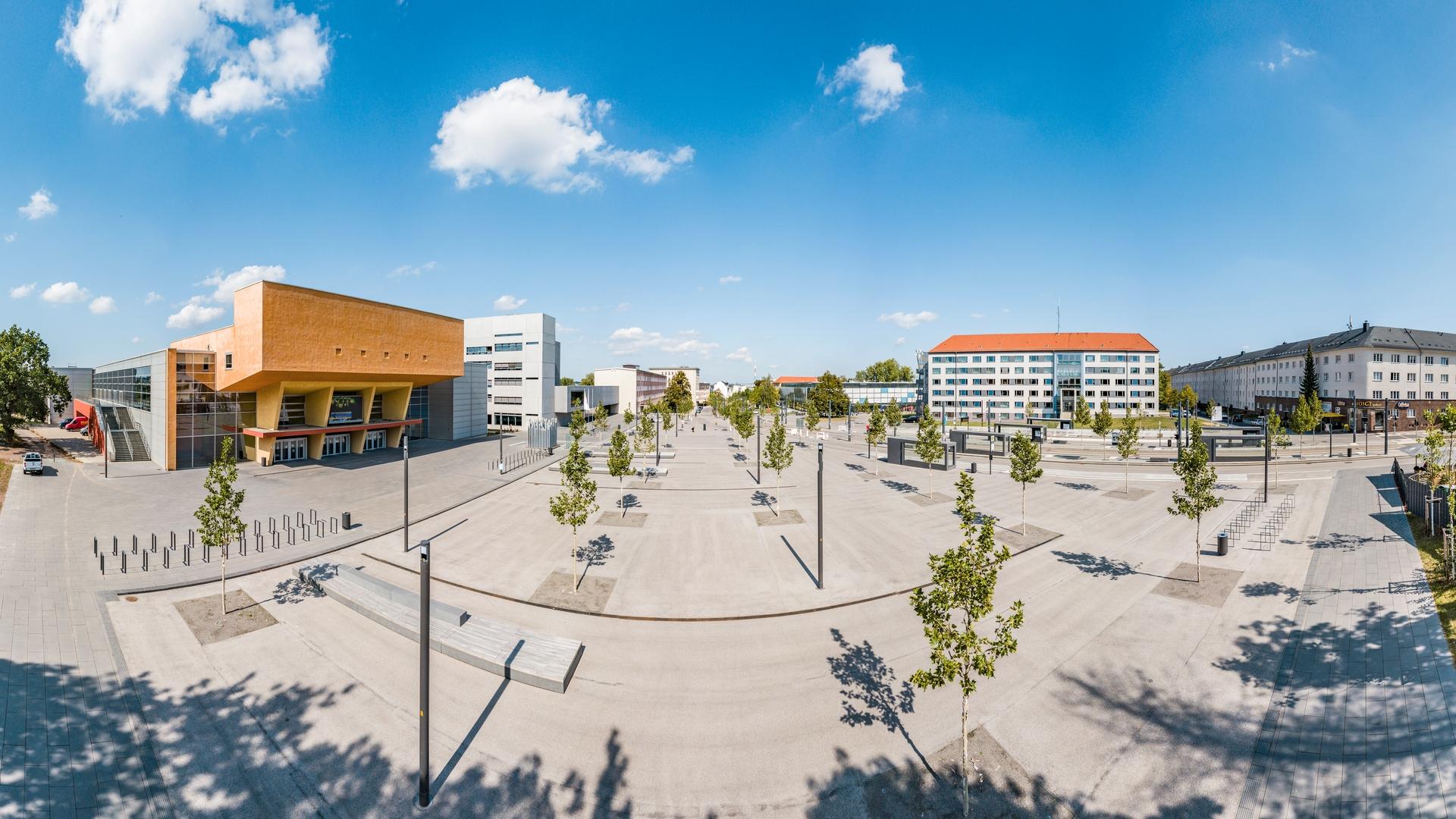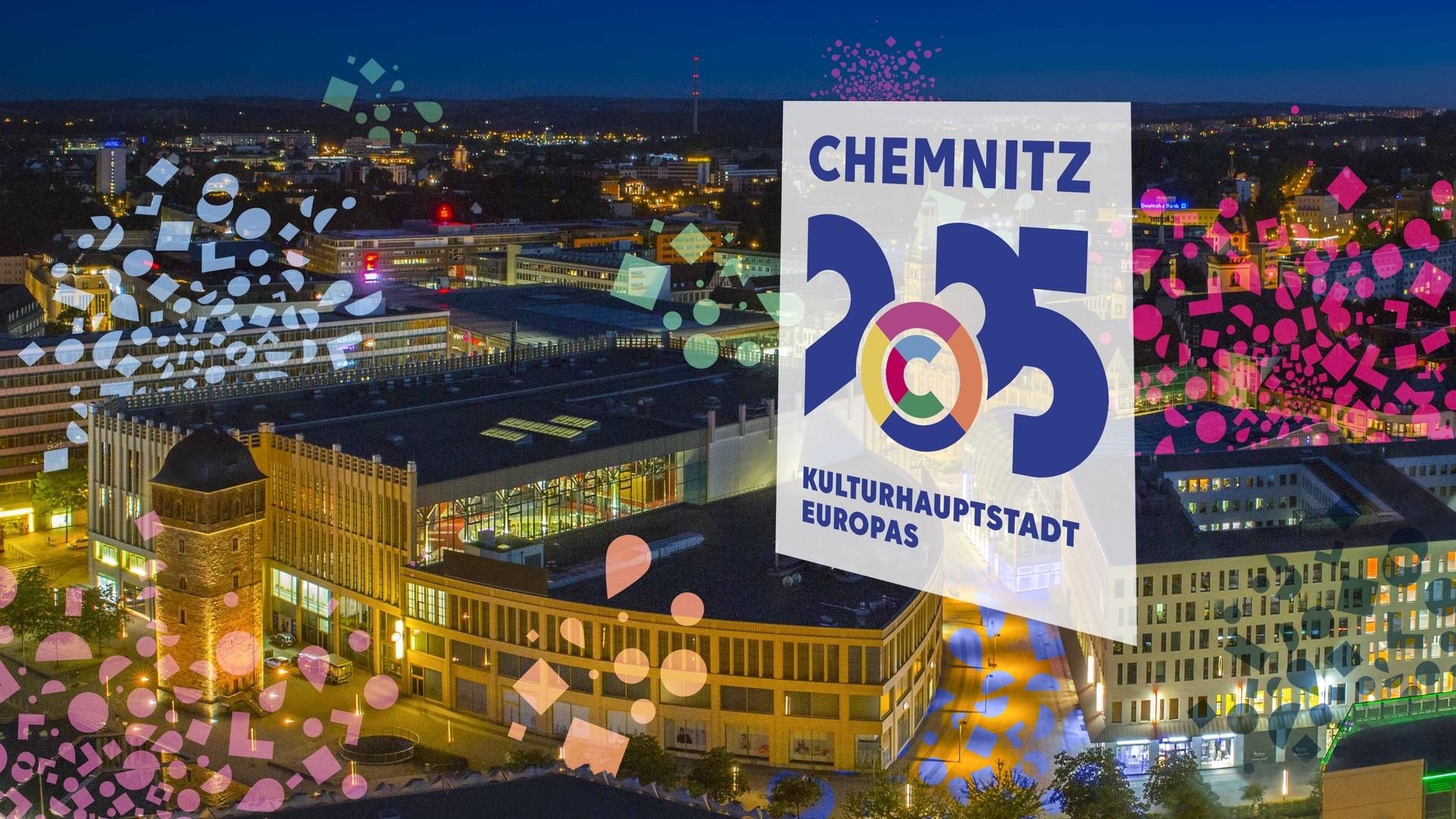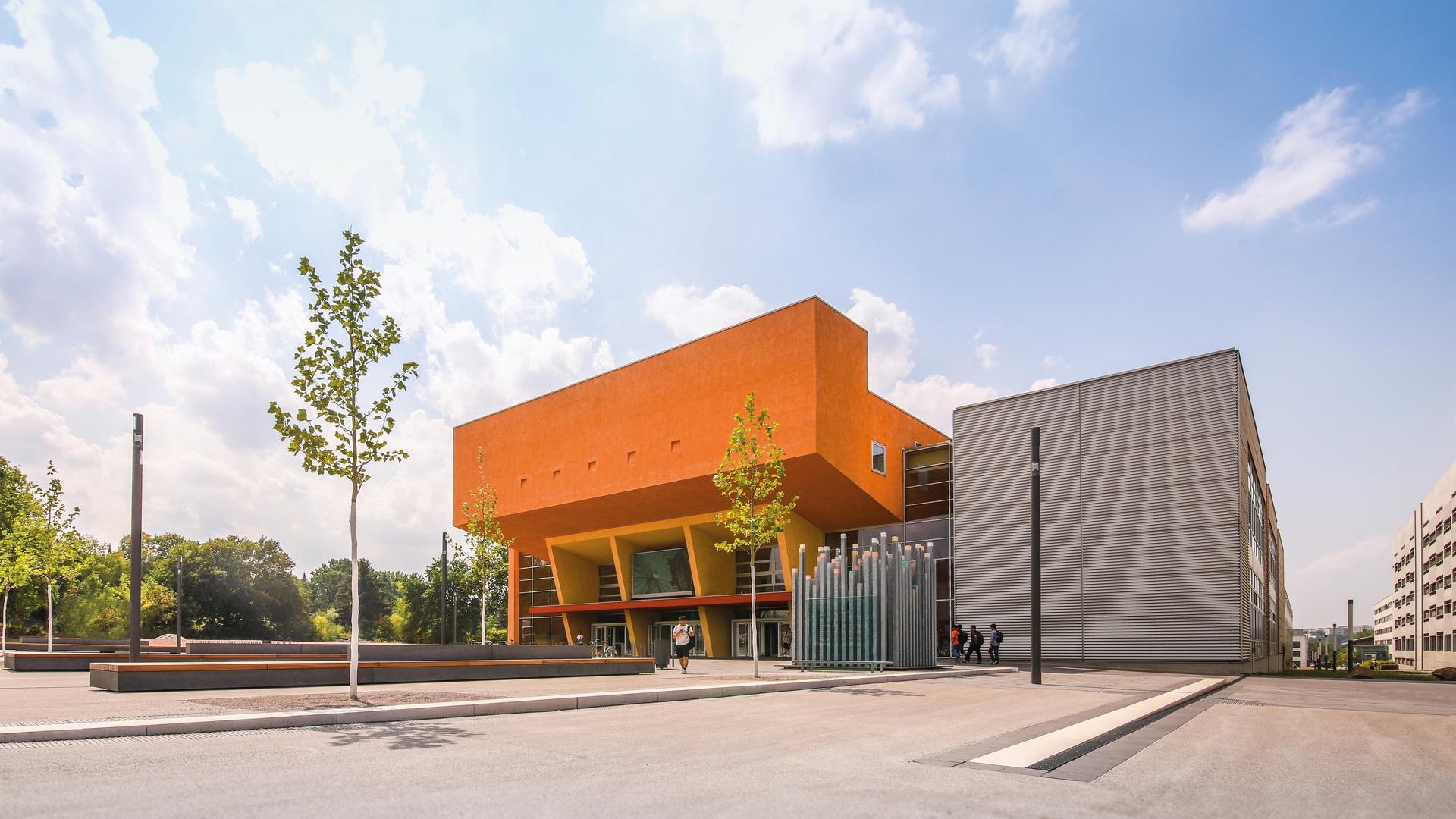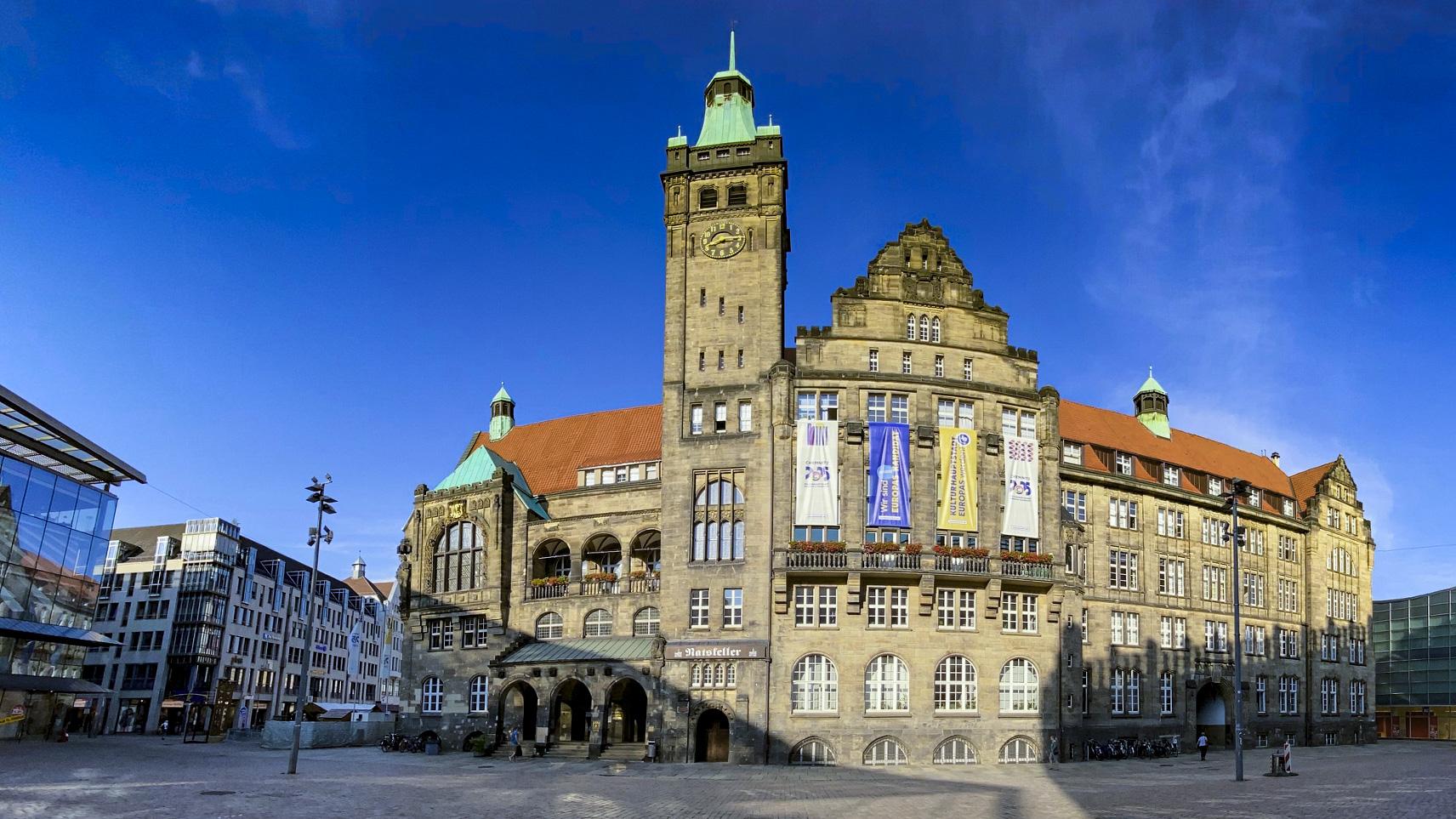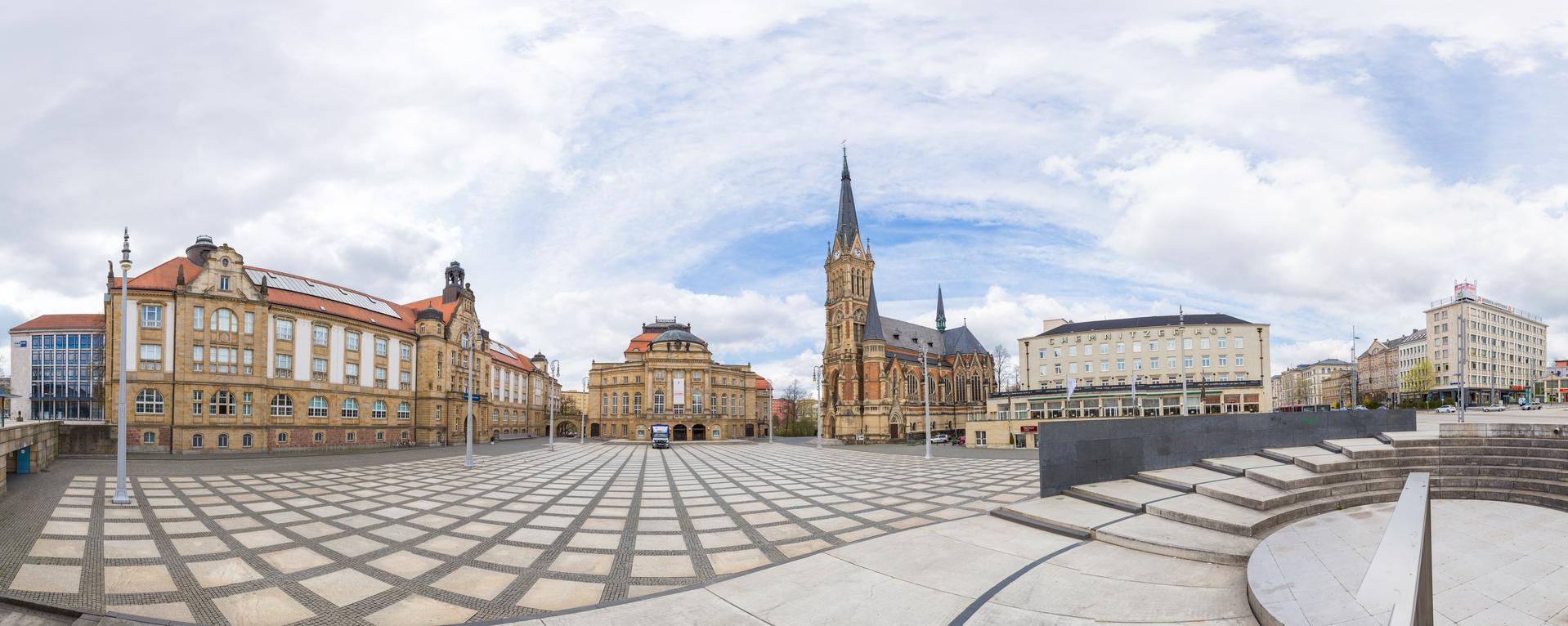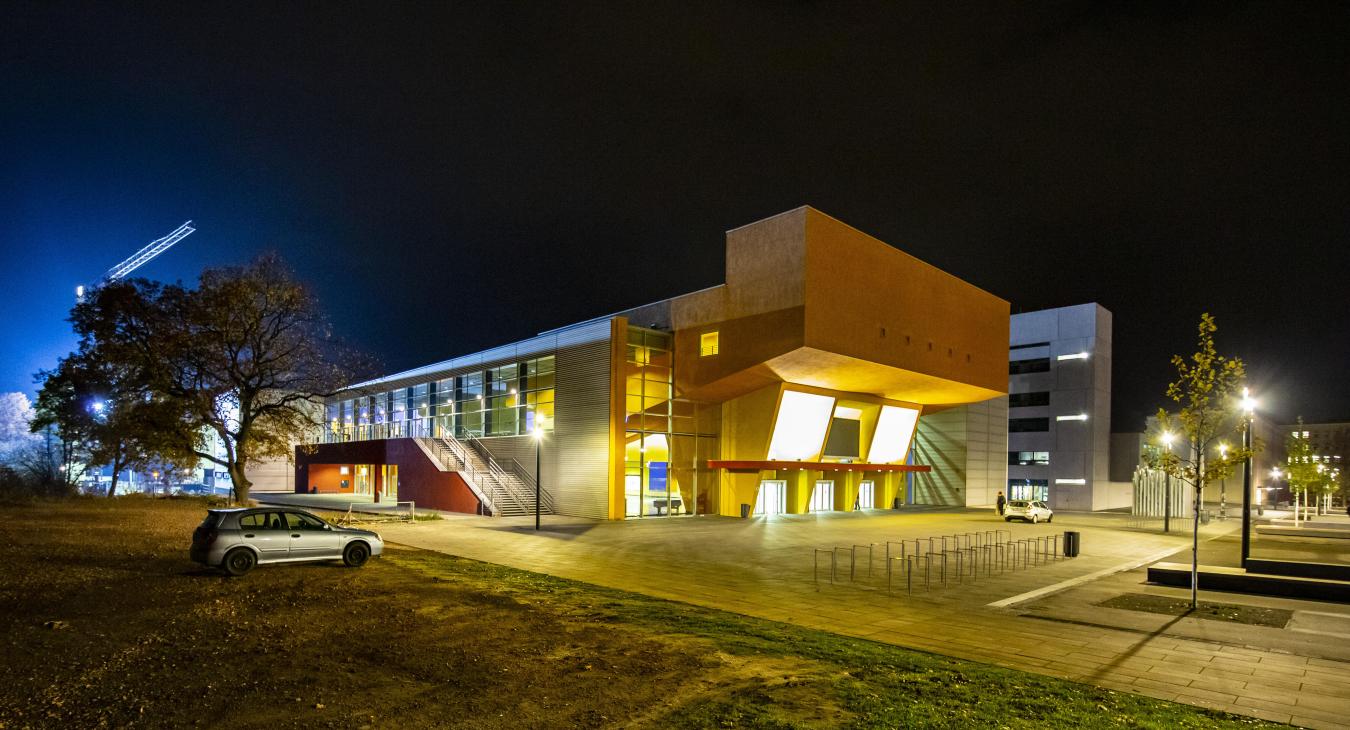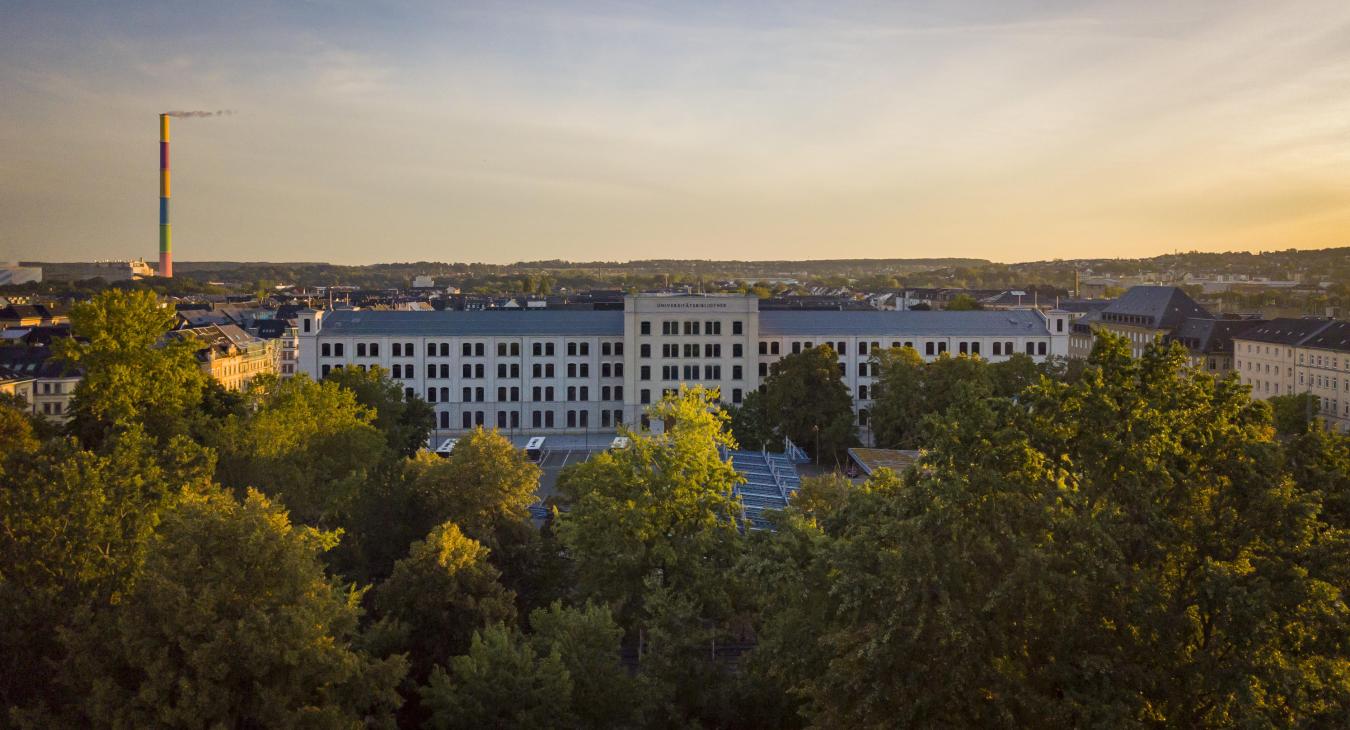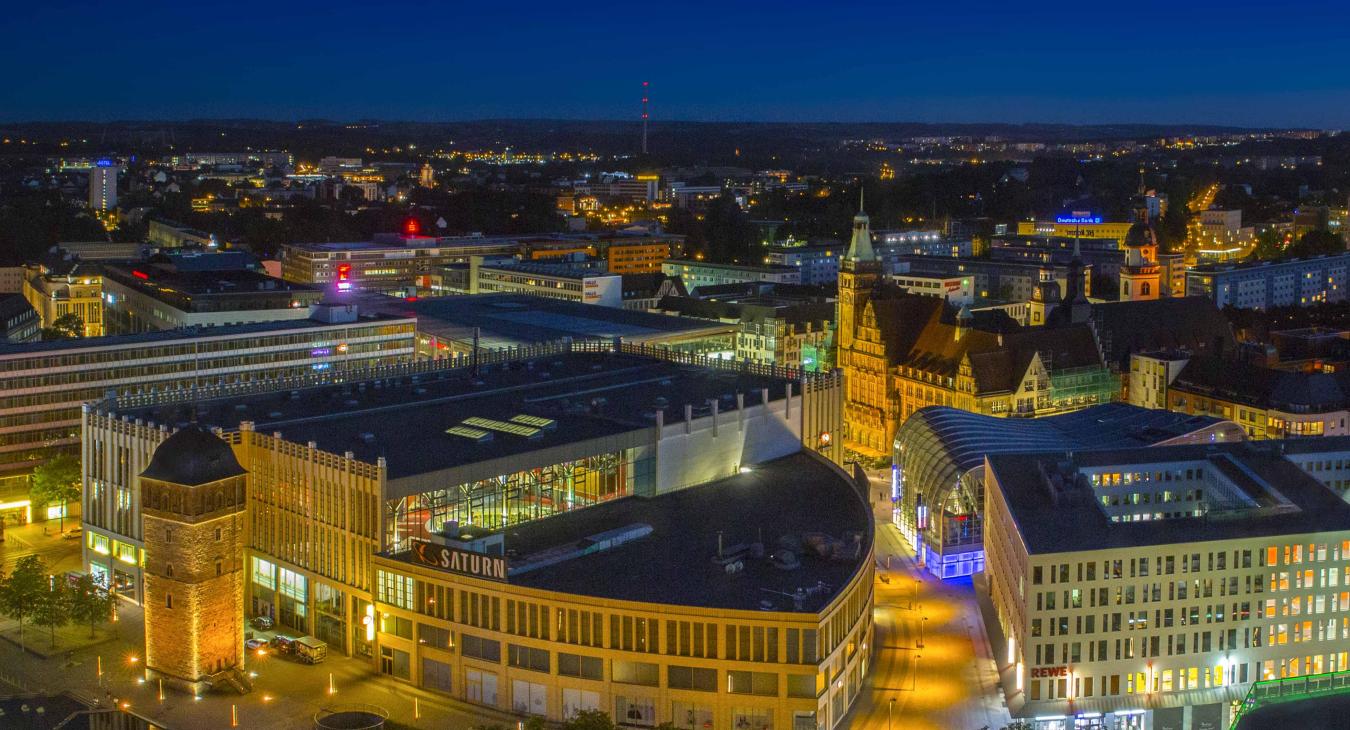DEIB+ in Education to Transform Society
March 26-28, 2024 in Chemnitz (Germany) – European Capital of Culture 2025
Diversity, Equity, Inclusion and Belonging (DEIB) are key pillars in formal and informal education. However, although educational institutions around the globe aim to ensure future citizens equitable opportunities to live in a more resilient, openminded, inclusive, and democratic world, those same institutions are too often inequitable and selective, which has direct repercussions for their ability to transform society. There is a need for research on the valorization of all facets of diversity within education, and for critical questioning of the (re)production of educational and social inequalities in different political, historical, and socioeconomic contexts. A broader approach to diversity challenges intercultural education and requires an intersectional approach to heterogeneity and the acknowledgement of newly emerging issues and needs (+) in education and society.
The conference thus aims to foster international debate on DEIB+, critically questioning Global South-Global North, Eastern and Western ideologies, and invites educational researchers and practitioners to propose and discuss related theoretical, methodological, and empirical work.
Keynote Speakers
Mel Ainscow | Martha Montero-Sieburth | Ingrid Gogolin |
 |  |  |
Using research to promote equity in education: challenges and possibilities | When will we ever learn? Confronting the Déjà vu's of Multicultural Education/Intercultural. Education from the Past into the Present | Teaching in the context of linguistic diversity. An empirical experiment |
Read More about the Keynote Speakers
Conference Strands
Registration
About Chemnitz
Venue and Travel
Additional Program
Scientific Committee
Jun.-Prof. Dr. Barbara Gross – Chemnitz University of Technology, Germany
Prof. Dr. Agostino Portera – University of Verona, Italy
Drs. Barry Van Driel – President of the IAIE, The Netherlands
Prof. Dr. Miri Shonfeld – Kibbutzim College of Education, Israel
Dr. Leslie Bash – University College London, UK
Prof. Dr. Birgit Glorius – Chemnitz University of Technology, Germany
Jun.-Prof. Dr. Yolanda López García – Chemnitz University of Technology, Germany
Prof. Dr. Martha Montero-Sieburth – Amsterdam University College, The Netherlands
Dr. Mattia Baiutti – Fondazione Intercultura, Italy
M.A. Marielena Groos – Chemnitz University of Technology, Germany
M.A. Anja Bartl-Lassati – Chemnitz University of Technology, Germany
Prof. Dr. Günter Daniel Rey – Chemnitz University of Technology, Germany
Jun.-Prof. Dr. Jennifer Schluer – Chemnitz University of Technology, Germany
Dr. Julio César Tovar Gálvez – Universidad a Distancia de Madrid, Spain
Ass.-Prof. Dr. Marija Bartulović – University of Zagreb, Croatia
Ass.-Prof. Dr. Barbara Kušević – University of Zagreb, Croatia
Ass.-Prof. Dr. Ildikó Lázár – ELTE Eötvös Loránd University, Hungary
Dr. Mungai Njoroge – Centre for Mathematics, Science and Technology Education in Africa, Kenya
Ass.-Prof. Dr. Nektaria Palaiologou – Hellenic Open University, Greece
M.Phil. Domiziana Turcatti – University of Oxford, UK
Prof. Dr. Iris Nentwig-Gesemann – Free University of Bozen-Bolzano, Italy
M.A. Hana Alhadi – Independent Researcher
Prof. Dr. Gerwald Wallnöfer – Free University of Bozen-Bolzano, Italy
Dr. Luisa Conti, University of Jena, Germany
Prof. Dr. Sarah Désirée Lange , Chemnitz University of Technology, Germany
Local Organizing Committee
Barbara Gross
Marielena Groos
Adam Markus
Sophie Linßner
Fabienne Dockendorf
Ayse Turan
Important Links:
Chemnitz University of Technology
Educational Science with a Focus on Intercultural Pedagogy
Tourism Chemnitz: https://www.chemnitz.travel/en/
https://visitsaxony.com/poi/chemnitz-tourist-information-chemnitz
If you have any questions, please email: iaie2024@tu-chemnitz.de
